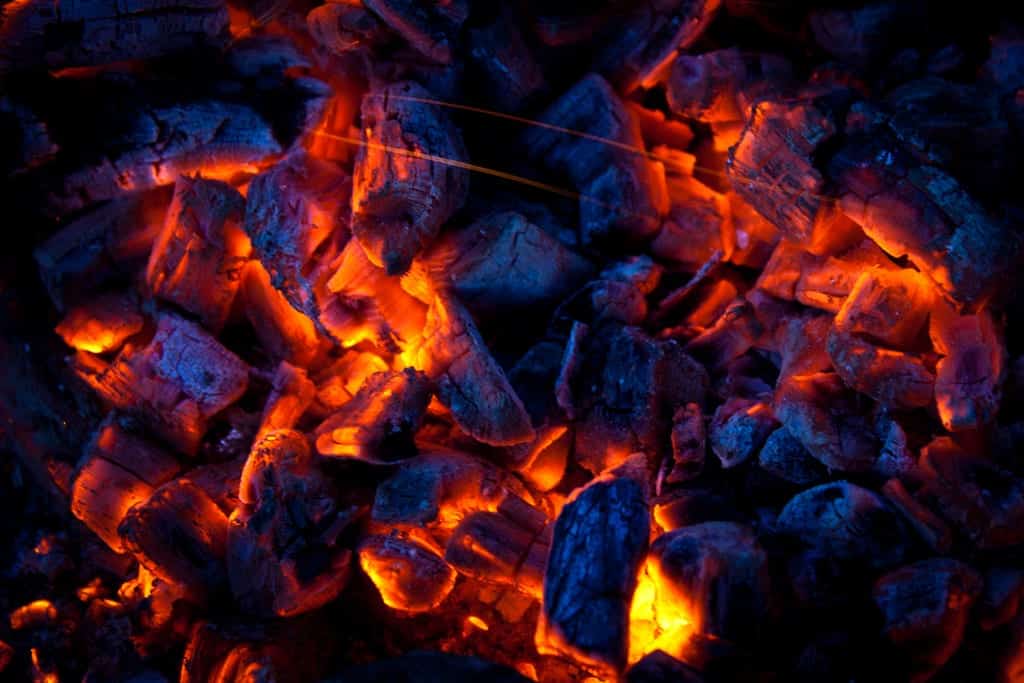The Rockefeller family made an enormous fortune in the oil business during the late 19th and 20th centuries.
Now that the world is developing an interest in alternatives to oil (and in many cases, switching to them), what should a family who makes so much money from the oil industry do?
The Rockefeller family could have fought alternative energy like the rest of the oil industry is doing, but that wouldn’t be the ethical thing to do. It is also not a viable long-term solution, as the world is transitioning from oil.
Members of the Rockefeller family have now chosen to divest from their fossil fuel investments. They, along with various organizations and individuals pledged to divest a total of $50 billion as part of the divestment movement which began a couple of years ago.
It was the Rockefeller Brothers Fund that joined the divestment movement.
Most of that $50 billion divestment was done by governments and educational institutions including Stanford University.
The divestment movement ‘was born in 2011 on just half a dozen college campuses where the students called on their administrations to divest endowments from coal and other fossil fuels,’ according to an Arabella Advisors report. (Thanks to Al Jazeera for discovering this).
‘Since January 2014, the number of commitments by campuses, churches, cities, states, hospitals, pension funds and other institutions — both in the United States and abroad — have more than doubled, from 74 to 180.’, according to the report.
This divestment doesn’t mean that the fossil fuel industry is finally giving in. The Rockefeller family has created over 20 national parks and open spaces, including the Nature Conservancy. They care (at least a little) about conservation, unlike the rest of the fossil fuel industry.
Stephen Heintz, a heir of John D. Rockefeller said that he was an astute, forward-thinking business man who would agree with the divestment decision, according to Business Insider.







